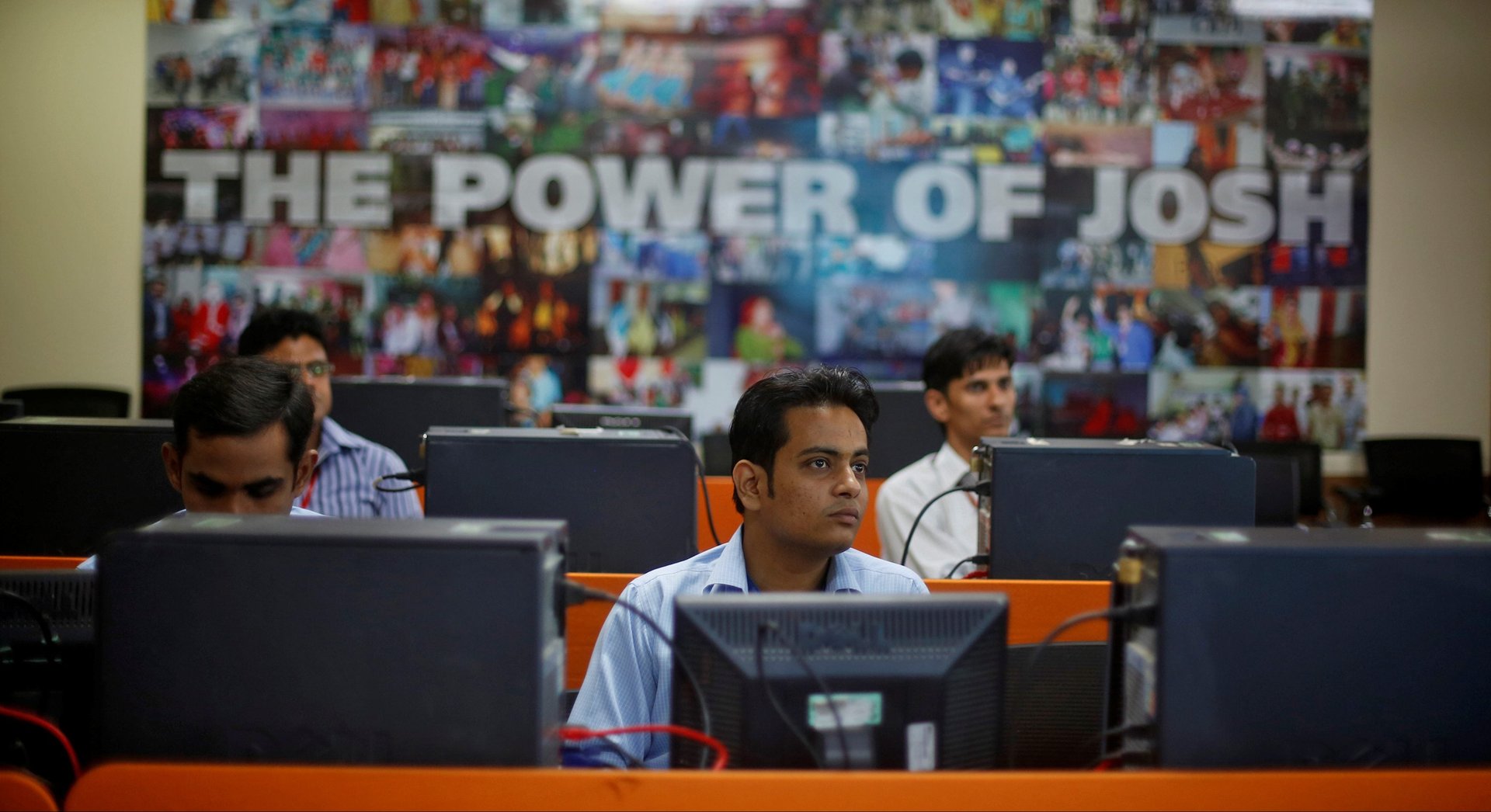To survive an unprecedented crisis like coronavirus, companies need wartime leaders
History shows us that sustained long term crises reshape human beliefs and behaviour. A BCG report cites examples of radical changes that past crises have brought to the world. The Black Death or plague in the 14th century shaped European history, World War II had a direct impact of accelerating women’s participation in the workforce and the 9/11 terrorist attacks reshaped transportation and security policies worldwide.


History shows us that sustained long term crises reshape human beliefs and behaviour. A BCG report cites examples of radical changes that past crises have brought to the world. The Black Death or plague in the 14th century shaped European history, World War II had a direct impact of accelerating women’s participation in the workforce and the 9/11 terrorist attacks reshaped transportation and security policies worldwide.
As the coronavirus pandemic changes things around us today, here is how business leaders and companies may change—in many cases forever.
Behavioral shifts
It is said that human decision making during a crisis is affected by factual (statistical) information, real-time knowledge, and experiences. A large part of decision making is based on past examples and comparatives. But what happens when there are no precedents to follow?
The coronavirus crisis has no parallels in recent history, so leaders say they’re coming up with varied solutions that they feel work best for them. Some of these are:
Be resilient: “I am convinced that the economic crisis engulfing the world is not purely virus related. It reflects a lack of resilience in the global economy. The virus has merely exposed the underlying structural problems that have been around. To survive a change, I would emphasise on self-reliance, resilience, and real capability building,” says Sridhar Vembu, founder and CEO of Zoho.
Reset: “While it is hard to anticipate the long-term economic impacts of Covid-19, we know that the effects will not be felt equally across industries. Some industries have been hit hard and some have been posed with various opportunities. For example, while airlines and hospitality have been hit hardest, telemedicine is now made more accessible to people. I expect the biggest change to be the normalisation of remote work for knowledge workers,” believes Sid Sijbrandij, co-founder and CEO of GitLab.
Reskill: “Be very good at what you do, that creates an edge in the market and enhances the odds of survival. When the job market becomes very difficult, it is useful to think of it as: “The market values my time at zero, but I know I can do better than zero?” said Zoho’s Vembu.
Are companies passing the fitness test?
Like human beings, companies also need to be in good health to last in the long-run. So, it’s essential to monitor their health quotient regularly, preempt potential threats, and prepare for any eventuality.
With a lack of early warning systems against a threat like coronavirus, decision-makers will need to constantly monitor every situation rather than reacting to emergencies after they occur.
Peter Abreo, co-founder and CEO of BeSpotted, a skills benchmarking platforms, lists a mental model for founders to navigate through this situation:
- Continued Consciousness: To ensure the business health continuum, leadership teams will need to build dynamic dashboards to identify and be aware of both visible and invisible threats.
- Continued Conservation: The adage “save for a rainy day and a potential flood,” will serve as a reminder to review and refresh cash reserves, talent relevancy, sales pipeline, and other metrics critical for business continuity.
- Continued Conversation: Leadership teams should create a regular cadence of credible and authentic communication channels to ensure stakeholders get a transparent view into the health of their business.
It’s time to be a real leader
Many experts have warned that unpredictability of this sort is generally accompanied by the psychological phenomenon of “inattentional blindness.” What that means is, rather than focusing on tiny details, we tend to concentrate on the things that are most important.
One of the best-known experiments demonstrating inattentional blindness is the “invisible gorilla test,” an experiment that reveals two things: we are missing a lot of what goes on around us, and we have no idea that we are missing so much.
“Many leaders I have been speaking to are living in denial. Leaders must expect that things will change for good. Unfortunately, we wish we had a playbook, but we don’t,” said Kavi Arasu, learning and change specialist for workplaces and communities. “Going forward, what I see emerging is network-based models replacing individual hierarchical models.” As per emerging leadership traits, Arasu lists the following as critical, “leaders should be willing to nurture and cultivate differences.”
Martin Reeves, chairman of BCG Henderson Institute, believes that this is the time for excellence in leadership. “This particular crisis requires very different problem-solving approaches,” he said. “For example, in the first stage decision making was reactive and rapid. We then moved onto traditional planning based thinking. Currently, we are in an ambiguous period, where we may see a resurgence of the disease, we need adaptive thinking. In the post-coronavirus world, we will need creative thinking. What we need now are ambidextrous leaders.”
In conclusion, we need agile leaders, inspirational leaders, and systems thinkers who are highly interconnected. Reeves believes this is the era of wartime leaders who can take hourly decisions, as we do not have the luxury of time.
We welcome your comments at [email protected].